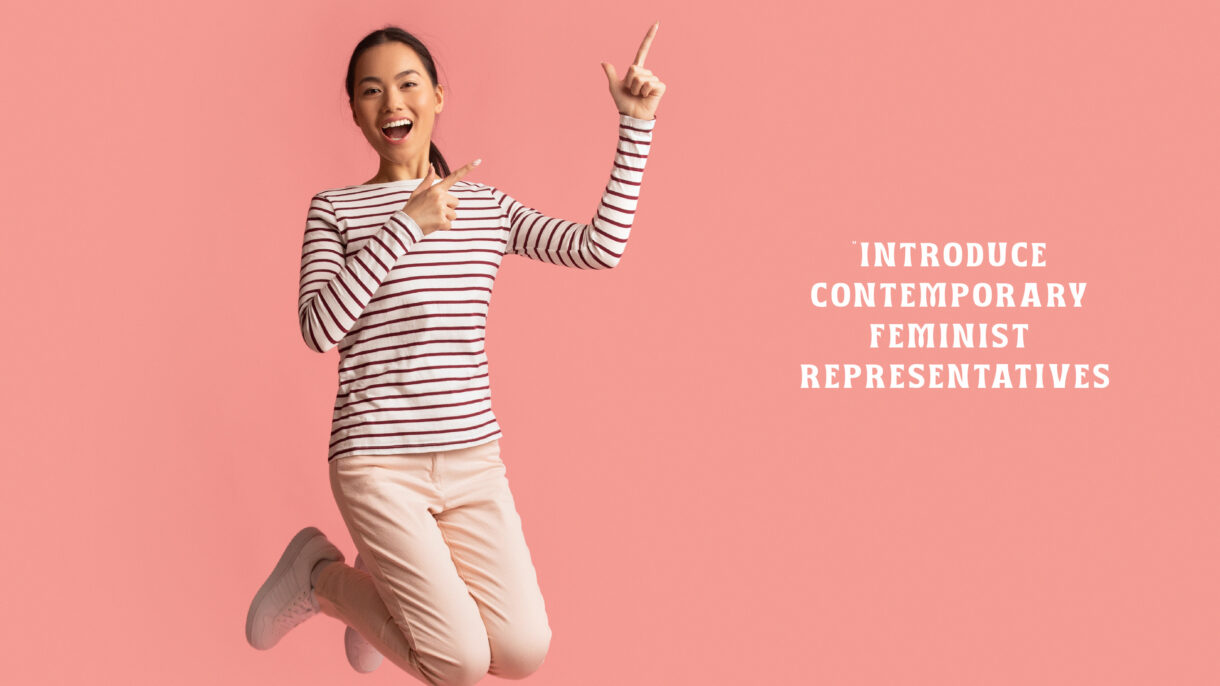
Contemporary feminism encompasses a diverse array of voices and perspectives, with several prominent representatives making significant contributions to the movement today. These figures advocate for gender equality, challenge societal norms, and work to address various forms of oppression. Below are some notable contemporary feminist representatives whose work has made an impact across different fields.
### 1. **Michelle Obama**
As the former First Lady of the United States, Michelle Obama has been a powerful advocate for women’s rights and education. Her initiatives, such as “Let’s Move!” aimed at combating childhood obesity, and “Let Girls Learn,” which focuses on providing education to girls around the world, reflect her commitment to empowering women and girls. In her memoir, *Becoming*, Obama discusses the challenges she faced as a Black woman in the public eye, emphasizing the importance of authenticity and resilience in overcoming obstacles.
### 2. **Malala Yousafzai**
Malala Yousafzai is a Pakistani activist for female education and the youngest-ever Nobel Prize laureate. After surviving an assassination attempt by the Taliban for advocating girls’ education, she became a global symbol of the struggle for educational rights. Through her organization, the Malala Fund, she works to ensure that girls around the world have access to 12 years of free, quality education. Her story, articulated in her memoir *I Am Malala*, continues to inspire many young feminists.
### 3. **Chimamanda Ngozi Adichie**
Nigerian author Chimamanda Ngozi Adichie is known for her poignant exploration of feminism, identity, and cultural issues. In her acclaimed essay and TED talk, *We Should All Be Feminists*, Adichie argues for a broader understanding of feminism that includes various identities and experiences. Her works, such as *Half of a Yellow Sun* and *Americanah*, often highlight the intersection of gender, race, and class, making her a key figure in contemporary feminist discourse.
### 4. **Angela Davis**
Angela Davis is a prominent scholar, activist, and author who has been involved in various movements, including civil rights, feminism, and prison abolition. Her book *Women, Race, & Class* critically examines the intersections of race, class, and gender within the feminist movement. Davis continues to advocate for social justice, emphasizing the need for a feminist movement that is inclusive and intersectional, recognizing the unique struggles faced by women of color and marginalized communities.
### 5. **Ruth Bader Ginsburg**
The late Ruth Bader Ginsburg, former Associate Justice of the Supreme Court of the United States, was a trailblazer for gender equality in the legal realm. Ginsburg’s work focused on dismantling gender discrimination through landmark cases that advanced women’s rights. Her legal philosophy emphasized the importance of equality under the law, and her life’s work continues to inspire feminists advocating for judicial reform and equal rights.
### 6. **Bell Hooks**
Bell Hooks (the pen name of Gloria Jean Watkins) was an influential feminist theorist, cultural critic, and author whose writings addressed the intersections of race, gender, and class. Her books, such as *Ain’t I a Woman?* and *Feminism Is for Everybody*, explore the complexities of identity and advocate for a more inclusive feminism. Hooks emphasized the importance of love and community in the feminist movement, making her a vital voice in contemporary discussions of intersectionality and social justice.
### 7. **Greta Thunberg**
Although primarily known for her environmental activism, Greta Thunberg’s work intersects significantly with feminist principles, particularly regarding the rights of young people and the disproportionate impact of climate change on women and marginalized communities. Thunberg’s advocacy highlights how environmental issues and gender equality are interconnected, urging collective action for a sustainable future.
### 8. **Laverne Cox**
Laverne Cox is an actress and transgender rights activist who has been a prominent voice for LGBTQ+ rights within the feminist movement. As the first openly transgender person to be nominated for an Emmy, her visibility challenges traditional gender norms and advocates for the rights of transgender individuals. Cox emphasizes the importance of intersectionality in feminism, focusing on how race, gender identity, and sexuality intersect.
### Conclusion
Contemporary feminist representatives come from diverse backgrounds and fields, each contributing uniquely to the fight for gender equality. Through their activism, writing, and public engagement, these individuals highlight the multifaceted nature of feminism today, advocating for inclusivity and justice across various social issues. Their work inspires a new generation of feminists to challenge societal norms and strive for a more equitable world.

0 Comments